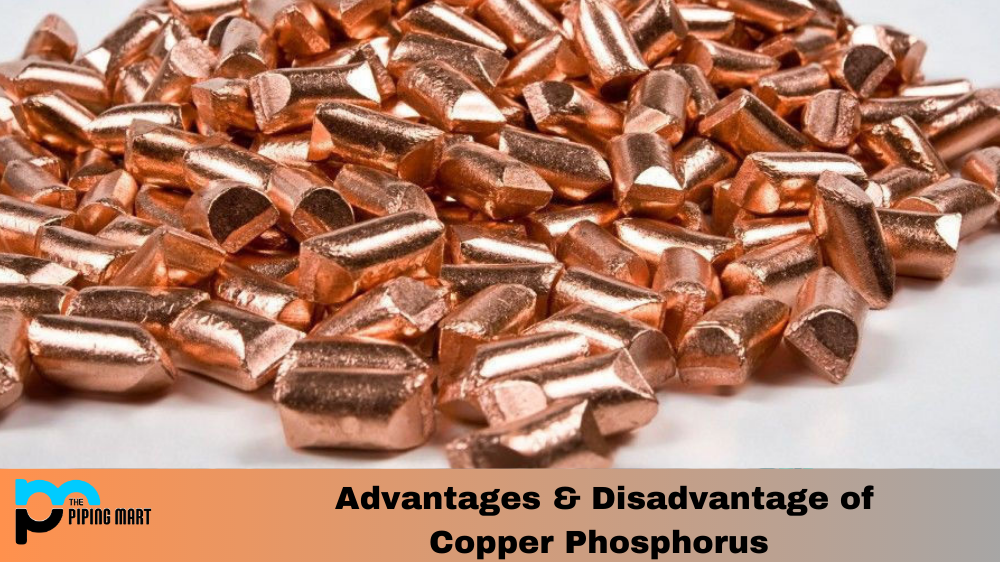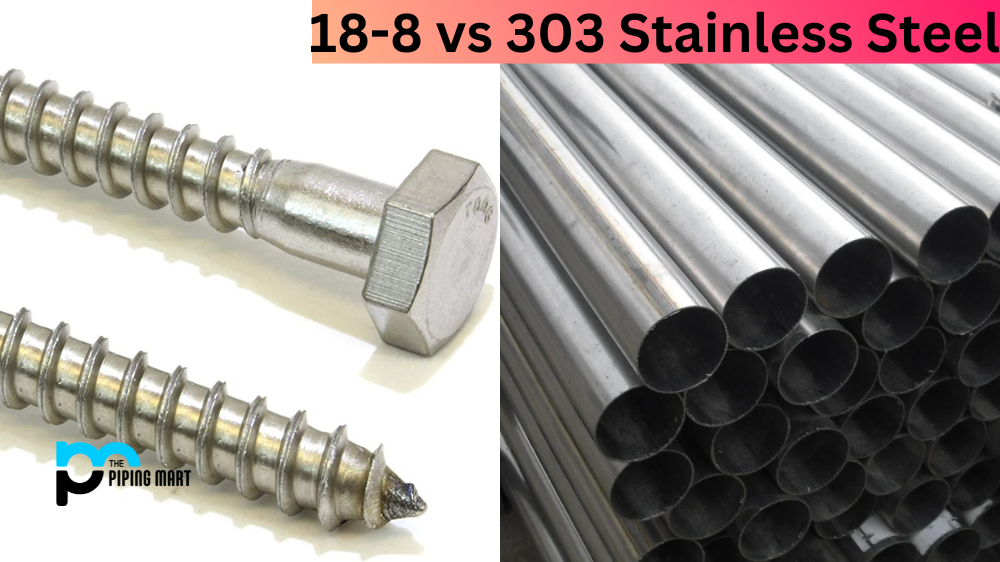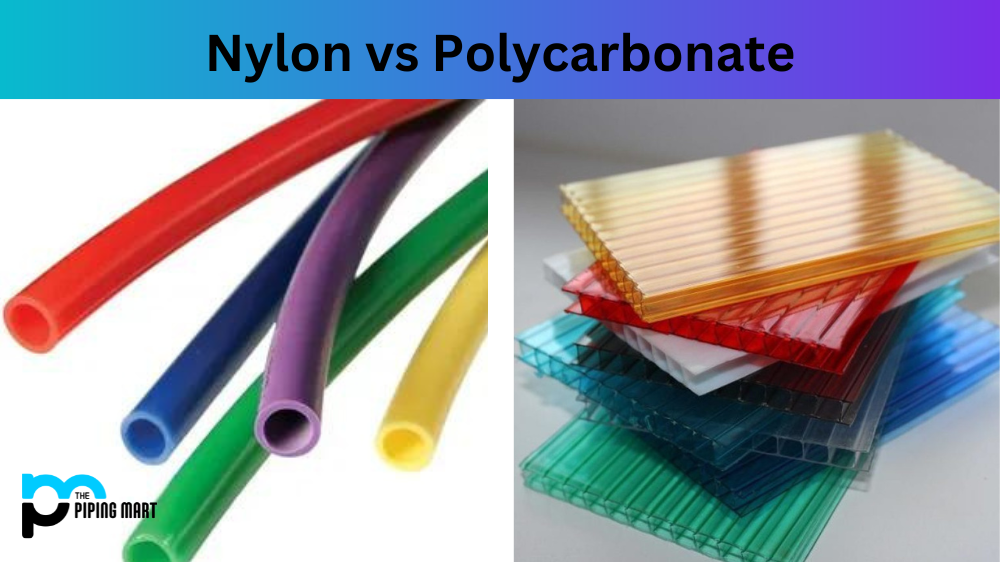Copper Phosphorus is a type of alloy that has a wide range of industrial applications, from automotive parts to electrical wiring. This material is often used in manufacturing because it is corrosion-resistant, strong, and relatively inexpensive. But just like any other material, copper phosphorus has its own set of pros and cons that potential users must consider before making a buying decision. Let’s take a closer look at some of these advantages and disadvantages.
Advantages Of Using Copper Phosphorus
One of the major benefits of using copper phosphorus is its strength-to-weight ratio. Copper phosphorus is much lighter than many other metals, yet it still maintains its strength and durability. This makes it ideal for use in automotive parts or other applications where weight savings are important. Additionally, copper phosphorus offers excellent resistance to corrosion, which can help extend the lifespan of your product even further.
Copper phosphorus also has excellent electrical conductivity properties, making it an ideal choice for wiring applications where you need to transfer electricity quickly and efficiently. And last but not least, copper phosphorus is relatively affordable compared to other materials on the market today, making it appealing for budget-conscious buyers who want the most bang for their buck.
4 Disadvantages Of Using Copper Phosphorus
Although there are many advantages to using copper phosphorus, there are also a few potential drawbacks that you should be aware of as well. This material tends to be brittle when exposed to temperatures above 600 degrees Celsius (1120 Fahrenheit). As such, you should take steps to mitigate this issue if you plan on using this material in high-temperature applications such as aircraft engines or furnaces.
Additionally, copper phosphorus has poor machinability properties, meaning that it can be difficult to cut and shape into complex shapes without specialized tools or techniques. Therefore, you may need to invest in additional equipment if you use this material for precision manufacturing operations or other applications requiring intricate parts with tight tolerances.
Copper Phosphorus Is Not Recyclable
One of the primary disadvantages of copper phosphorus is that it is not recyclable. This means that once it is used, it must be disposed of in a landfill. This can be problematic as copper phosphorus can leach into the ground and contaminate water supplies.
Copper Phosphorus Is Toxic
Another disadvantage of copper phosphorus is that it is toxic. This means that it can be harmful to human health if it is ingested or inhaled. Copper phosphorus can cause respiratory, skin irritation, and gastrointestinal problems.
Copper Phosphorus Can Cause Environmental Damage
Copper phosphorus can also cause environmental damage. When it is used in agriculture, it can leach into the soil and contaminate water supplies. When copper phosphorus is burned, it releases harmful toxins into the air.
Copper Phosphorus Is Expensive
Another disadvantage of copper phosphorus is that it is expensive. This means that it may only be affordable for some who need to use it.
There are also alternatives to copper phosphorus that may be more effective and less harmful to the environment. For example, zinc phosphide is a similar compound that is not as toxic as copper phosphorus and does not cause as much environmental damage.
- Copper is an essential mineral that is necessary for the proper function of many enzymes in the body.
- Copper helps to maintain a healthy immune system and can help to prevent certain types of cancer.
- Copper is essential for proper nervous system development and can help prevent Alzheimer’s disease.
- Copper can help to improve circulation and can also help to reduce inflammation.
- Copper supplements are generally well tolerated and have few side effects.
Conlusion
In summary, copper phosphorus has both advantages and disadvantages that potential buyers should consider before making a purchase decision. On the one hand, this material offers excellent strength-to-weight ratio along with good electrical conductivity properties and corrosion resistance; however, on the other hand it can be brittle under certain conditions and difficult to machine into complex shapes without additional equipment or specialized tools. Ultimately though, if you’re looking for an affordable yet strong metal with many practical uses, then copper phosphorus might be what you’re looking for!

Abhishek is a seasoned blogger and industry expert, sharing his insights and knowledge on various topics. With his research, Abhishek offers valuable insights and tips for professionals and enthusiasts. Follow him for expert advice on the latest trends and developments in the metal industry.




